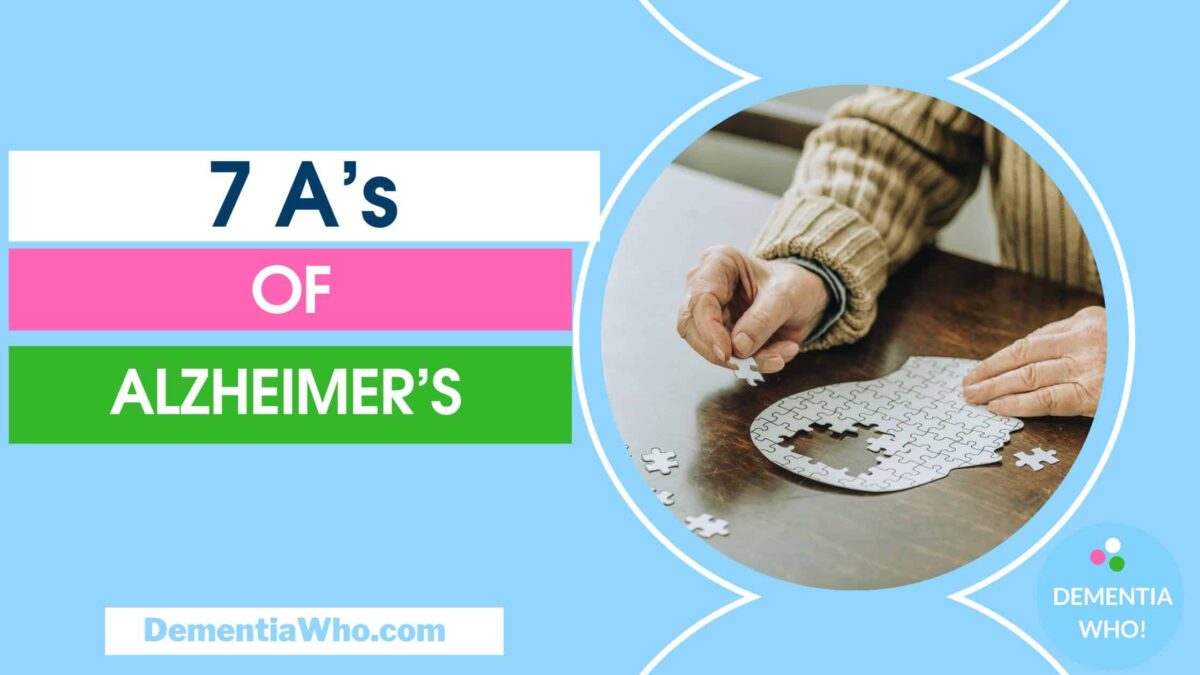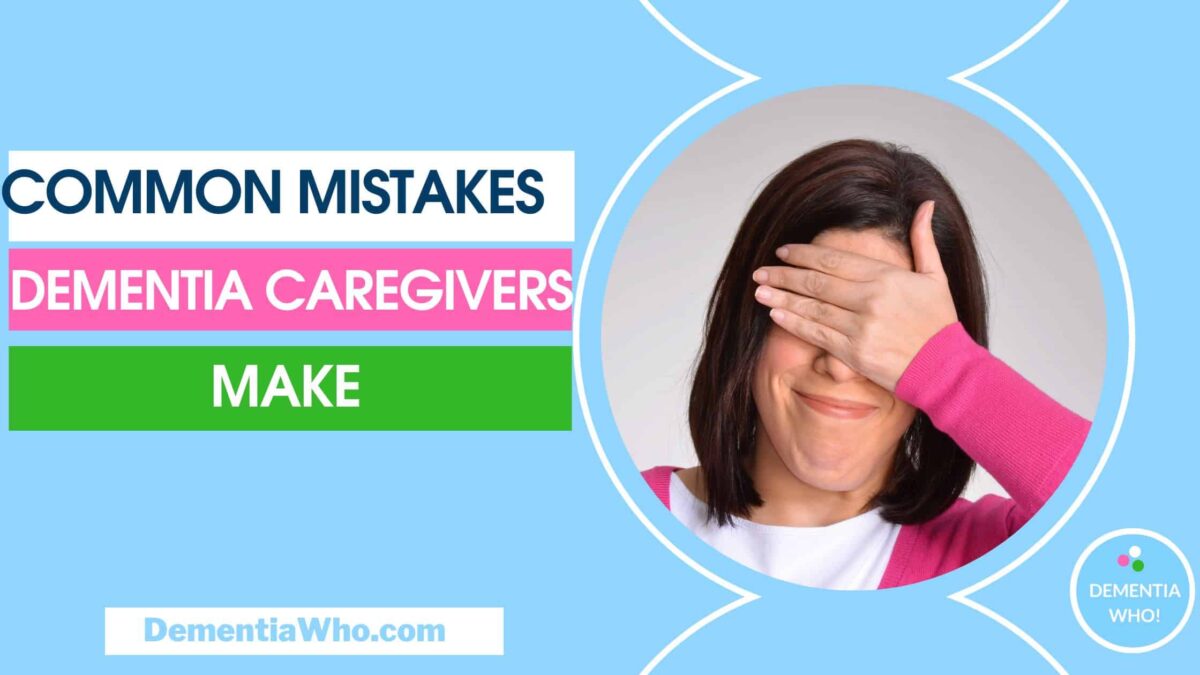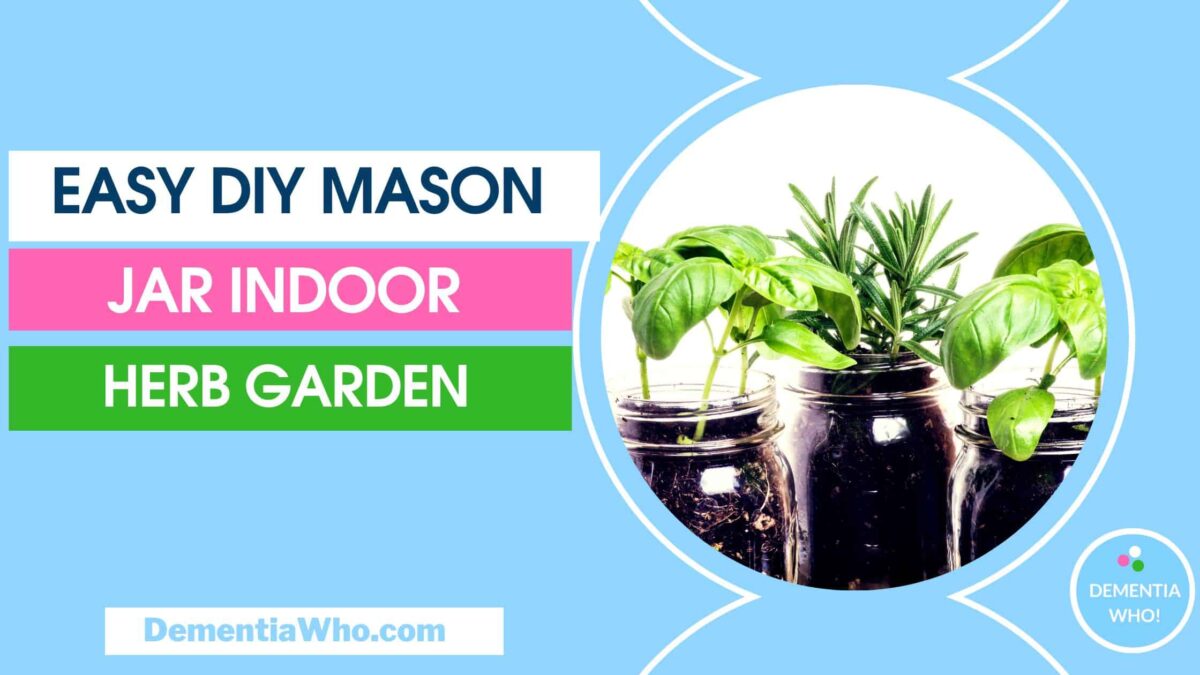Alzheimer’s disease is the most common cause of dementia around the world, it’s the one that everyone’s heard of, and often mistakenly seen as the same as dementia. People often use the term A’s of Alzheimer’s disease to talk about the various symptoms.
In this article, we’ll look at the 7 A’s of Alzheimer’s disease, what are they, what they mean and suggest simple tips to help. Knowing these A’s of Alzheimer’s can be helpful to spot the early signs or get the right support as more symptoms appear.

Let’s start with ones that you’re probably most familiar with.
Understanding the 7’s of Alzheimer’s disease

Amnesia: Memory loss
Memory loss, known as amnesia, is often the first and most noticeable sign of Alzheimer’s. People might forget recent events or names. The disease hampers the brain’s ability to make new memories. You’ll see that new memories have trouble sticking, but old memories from long ago are often still there and can be recalled by your loved one. I see that daily with my mum with Alzheimer’s as she talks of her parents and old family friends but she repeats the same story or questions without realising that she’s already mentioned it.
Tips to Help:
- Provide reassurance & focus on the positives
- Create a consistent daily routine
- Use calendars and reminder systems
- Keep important items in the same place
- Display family photos with names
- Read this for Strategies for Handling Repetitive Questions for Dementia Caregivers
Aphasia: Language difficulties
Aphasia simply means trouble with language and speech. Most people will have heard of this term due to the actor Bruce Willis revealing that he had Aphasia before later being diagnosed with dementia.
Individuals with aphasia often struggle with speaking, putting words in the right order, understanding written or spoken words, and finding the right words to express themselves. Imagine how frustrating that can be for your loved one, it’s like for example, having all the words you know stuck in a big jumble in your head, and sometimes the wrong word comes out – like saying “dog” when you mean “chair”.
In our case, mum mixes up her words alternating words from different languages into a word salad which makes it extremely difficult to understand.
You may also hear of another A for Alzheimer’s called Anomia which is also a form of aphasia and here someone has difficulty in finding words and naming objects.
Tips to Help:
- Be patient during conversations
- Watch for non-verbal cues
- Speak slowly and clearly, using simple, direct language
- Use visual cues while talking
- Give one instruction at a time
A tip from us is to look at what your loved one is looking at! My mum has one word she uses “napkin” when she’s talking about any object, I figure out what she’s talking about by following her gaze.
Apraxia: Difficulty with Movement & Tasks
Apraxia causes issues with doing familiar tasks or movements. Apraxia is when someone can’t perform simple, purposeful actions they once could. People with apraxia experience difficulties in planning and executing movements. Even with strength, simple tasks like getting up, moving or dressing can become hard.
This reduces a person’s ability to live independently.
It shows up as the disease gets worse, often your loved one will need help with daily tasks like dressing, eating, and using tools. Their brain knows what to do, but their body has trouble doing it so your loved one has problems coordinating their movements.
Tips to Help:
- Offer gentle guidance
- Allow extra time for tasks
- Break complex tasks into simple steps
- Provide clothes with easy fasteners
- Set up items in the sequence they’ll be used
Agnosia: Inability to recognise Objects and Faces
Agnosia is not being able to recognise and identify objects, people, sounds, shapes and smells. Agnosia makes it hard to recognise things from what you see, feel, touch, smell, hear etc. You might have trouble understanding what you’re seeing or hearing. It can lead to not knowing what things are, who people are, and what to do with things, mistaking or confusing objects.
People may not know their own family or common objects.
Agnosia can change how your loved one sees the world around them. For example, I see it when painting or when mum is using a pencil and it’s not recognised and she mistakes it for a spoon and tries to eat it.
Tips to Help:
- Demonstrate how to use objects
- Keep familiar items in consistent places
- Use photographs with names written underneath
- Label important items clearly
- Keep calm and try to not overreact with sudden movements
- Maintain a calm demeanour
Altered perception: Changes in perceptions & interpretation

Changes in perception can include visual or spatial distortions that can cause individuals to misinterpret what they see and how they perceive the environment. For instance, they may have difficulty gauging the distance of objects which can cause falls or missteps or they may experience hallucinations. This can lead to a range of reactions, from anxiety to agitation.
Your perceptions can affect so much, things like looking in the mirror and becoming scared because you’re seeing a stranger not yourself.
You’re seeing things differently, like looking through a kaleidoscope – things might look, sound, or feel different than they really are.
Tips to Help:
- Use contrasting colours to be able to distinguish items
- Ensure good lighting throughout living spaces
- Remove potentially confusing mirrors or artwork
- Reduce background noise
- Mark edges of steps clearly
- Make sure flooring is clear, and dark mats are removed (can be mistaken as black holes)
Anosognosia: Lack of awareness of impairment
Anosognosia is a lack of awareness or insight by your loved one to recognise and acknowledge their own cognitive problems. It affects their perception of themselves, making it challenging for them to see they have memory or thinking problems. Your loved ones may even deny that they have any cognitive impairments at all and this can affect seeking and accepting care and support. It’s like your loved one forgets that they’re forgetting things! For example, your loved one insisting that they can still drive safely.
Tips to Help:
- Avoid arguing, or pointing out their limitations or trying to convince them.
- Give your loved one time and space to process what is happening, and if they still have difficulty processing then talk to their GP and they can offer advice on how to get your loved one to see them for “health checks”.
- Look for solutions, like deciding to take a bus, go for a walk for example instead of driving.
- Talk to them in quieter moments to see if your loved one is worried or fearful to take the next steps.
Apathy: Loss of motivation
Apathy, or a lack of interest is common in dementia. It gets worse as the disease advances, impacting a person’s activity and social life. Your loved one may withdraw from activities, doesn’t have any motivation or drive to do anything – a general disengagement from life.
A loss of interest is hard to deal with as a caregiver, things that used to be exciting might not feel that special to your loved one anymore. This is happening to us right now as mum doesn’t want to participate in things and just wants to sleep. You’ll see your loved one slow down, stare in space or close their eyes a lot as another sign of apathy.
Follow your loved ones lead and plan things e.g we plan our activities in the morning when mum is the most responsive!
Tips to Help
- Use gentle prompting and encouragement but don’t push!
- Pick the best time of day for your loved one to respond
- Break activities into small manageable parts
- Maintain a structured daily schedule
- Create opportunities for simple successes
- Celebrate small achievements
Why It’s Important To Know These Terms
That’s it the 7 A’s of Alzheimer’s and some tips to help. I do think it’s important to know these terms and understand what they mean. I’m a big believer in learning as much as possible about dementia, specifically Alzheimer’s disease to better support our loved ones.
I’m hopeful that by sharing this information in slightly simpler terms you’ll get from it what I do. Knowledge to respond with more patience, compassion and understanding. I hope that by understanding these 7 A’s of Alzheimer’s helps you recognise the way your loved one acts isn’t personal but just symptoms of the disease.
I wish you the best in this journey, add a comment below if you recognise these terms and share your experience, many thanks for reading.




